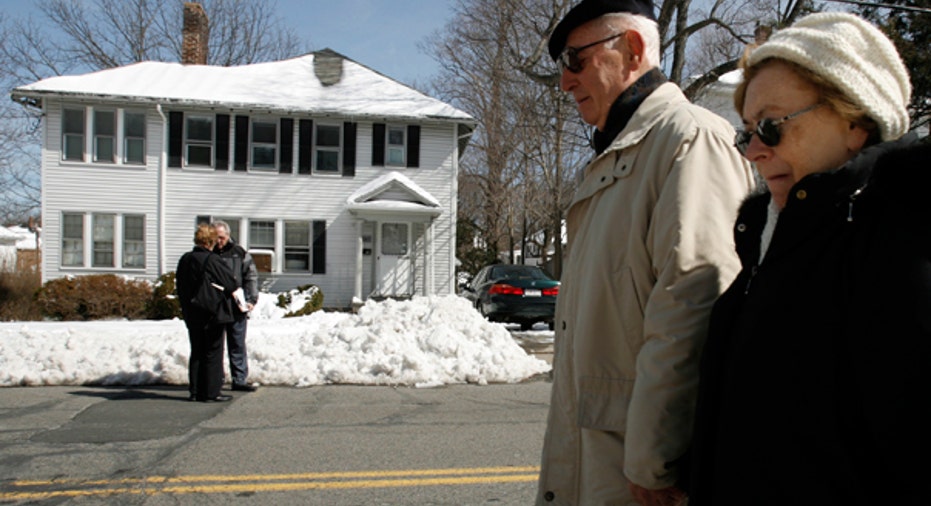Wife Fears Future With Reverse Mortgage

Dear Retirement Adviser,
Our home has had a reverse mortgage since 2008 when my husband turned 62 years old. We are retired and I'm now 62. I feel like I need to be added to the deed.
The mortgage lender says that it is not possible because they do not initiate reverse mortgages anymore and that we should refinance with another company. We talked with one company and were told it is not possible because our current interest rate is too low. Also, we would need to come up with an extra $15,000 at closing. We are both disabled and live on our Social Security checks. We have trouble paying the electricity bill.
It appears that if my husband dies I could become homeless. We are worried and don't know what to do. Can you help?
Thank you, -
-Maria Mortgage
Dear Maria,
Your situation highlights a common problem with reverse mortgages, particularly for retired couples. At the time your husband got his reverse mortgage, the youngest person on the mortgage had to be at least 62.
AARP Foundation attorneys, acting for two surviving spouses, sued the Department of Housing and Urban Development over the issue. HUD regulates reverse mortgage loans. AARP held that HUD was in violation of federal law when it required surviving spouses not named on the reverse mortgage loan to either pay off the loan or face foreclosure when their spouse died.
The court required HUD to provide relief concerning the two non-borrower spouses named in the case. HUD has yet to specify the relief available for these people. The expectation is that the relief will be extended to other non-borrower spouses in a similar situation. The AARP Foundation has filed a class-action suit on behalf of widowed, non-borrower spouses that were harmed by actions taken by lenders after their spouses died.
Meanwhile, HUD has changed its procedures so that, in the future, a non-borrower spouse will be certified periodically during the origination of and over the life of the loan. HUD Mortgagee Letter 2014-07 speaks to the home equity conversion mortgage, or HECM, program and the non-borrowing spouse. The letter becomes effective for case numbers issued on or after Aug. 4, 2014. The loan limits will be based on the age of the youngest borrower, or non-borrowing spouse, eliminating the benefit of being able to get a larger mortgage by not having a younger spouse named on the loan. The mortgage letter is forward looking.
A non-borrower spouse with a case number dated before Aug. 4, 2014, should not have to refinance a reverse mortgage to protect the ability to live in the home. That's if the borrower spouse dies first, but details must still be spelled out. Between the class-action suit and eventual release of the relief provided by HUD to the original two widowers, more information on this should become available.
Get more news, money-saving tips and expert advice by signing up for a free Bankrate newsletter.
Ask the adviser
To ask a question of the Retirement Adviser, go to the "Ask the Experts" page and select "Retirement" as the topic. Read more Retirement Adviser columns and more stories about retirement.
Bankrate's content, including the guidance of its advice-and-expert columns and this website, is intended only to assist you with financial decisions. The content is broad in scope and does not consider your personal financial situation. Bankrate recommends that you seek the advice of advisers who are fully aware of your individual circumstances before making any final decisions or implementing any financial strategy. Please remember that your use of this website is governed by Bankrate's Terms of Use.
Copyright 2014, Bankrate Inc.



















